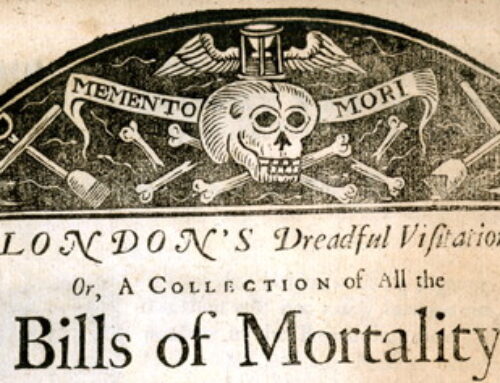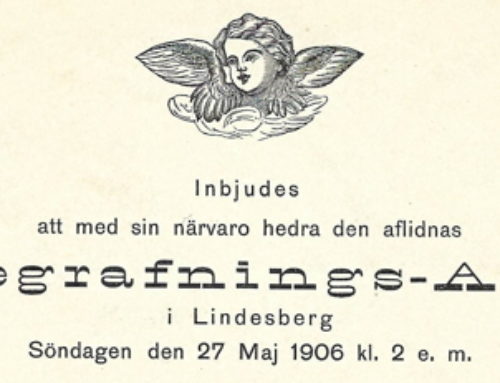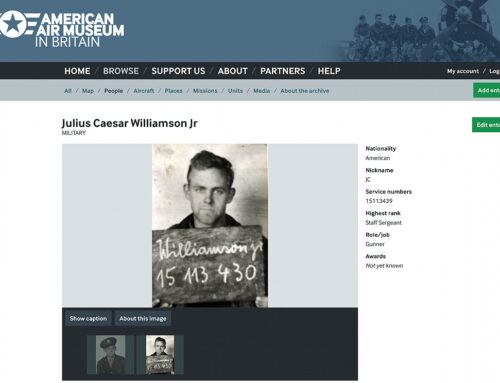“The Search for the Lost Marines of Tarawa” is a beautifully written piece by Wil S. Hylton in the The New York Times Magazine.
This week marks the 70th anniversary of the Battle of Tarawa. The battle lasted three days, costing 1,100 U.S. Marines their lives. As many as 520 Marines still lie in unmarked graves on Tarawa, despite a post-war recovery effort. Hylton’s piece features Mark Noah, a commercial pilot, who has devoted himself to finding and returning these remains to their families.
- Courtesy New York Times
The recovery of missing American soldiers is directed primarily by the Joint POW/MIA Accounting Command, or JPAC. The article contains disturbing revelations of pettiness, obstruction and in-fighting in this military unit. Originally established to look for the missing of Vietnam, their scope was widened recently – after pressure by families of WWII and Korean MIAs – to account for “Americans lost during past U.S. conflicts.”
The toll on the families of the missing is immeasurable, making JPAC’s mission all the more important. Hylton writes:
This phenomenon makes the JPAC recovery effort not so much a military mission as a humanitarian cause. Deno Zazzetti was 13 when his brother died on Tarawa. The news arrived on Christmas Eve, 1943. “A Western Union kid drove up with his bicycle, gave the telegram to my sister and took off,” Zazzetti told me. “My sister yelled, and we found her on her knees.” That moment, he said, marked a breaking point in his life. “My ma used to sing all the time. She never sang again. She had pitch-black hair — a year later, she was solid white.” Today Zazzetti keeps an empty plot beside his mother’s grave. “For me,” he said, “it would be the best thing that I could do in my lifetime, if I could get my brother back to my mom.”
If you have missing American soldiers in your family tree – whether they are part of the search for the lost marines of Tarawa or not – information about filing a Freedom of Information Act (FOIA) request is available here. You can contact JPAC here for more information.






Leave a Reply